Mark 1:1, Luke 3:1-2
Reading 2
Luke 3:1-2
1 In the fifteenth year of the reign of Tiberius Caesar, Pontius Pilate being governor of Judea, and Herod being tetrarch of Galilee, and his brother Philip tetrarch of the region of Ituraea and Trachonitis, and Lysanias tetrarch of Abilene, 2 during the high priesthood of Annas and Caiaphas, the word of God came to John the son of Zechariah in the wilderness.
Mark 1:1
1 The beginning of the gospel of Jesus Christ, the Son of God.
These text’s provided by both Mark and Luke position John the Baptist in history. In the second verse of Luke 3 we are told that “the word go God came to John”. These texts reveal that John in similar ways is a prophet of the old testament era while also also a preacher in the new testament era.
What is a direct application of this historical and Biblical truth for consideration in late February 2021? I would argue that all men and women need knowledge of a path of pardon and salvation.
When I was around 10 years old I was driving the family riding lawn mower into our garage. I had been entrusted to accomplish this task unsupervised but had been instructed to go slow and proceed with caution. My Father had provide to me a path for success if followed.
Confession, I like to go fast and test my skills of ability to operate anything that has a motor. This has gotten me into trouble on more than one occasion and on a hot summer day when I was 10 I learned an important life lesson because as I entered my garage at a rate of high speed I misjudged my orientation and slightly grazed the edge of the garages opening. Immediately I knew what I had done and I still clearly remember the internal struggle. I wanted to first see how bad the damage was. To my surprise it was not that bad. The mower showed no signs of damage but the trim on the door frame of the garage door had stuffed the most damage. It was not bad but there had been a small section of the wood indented from the strike. I then clearly remember the question I asked myself in my mind. What should I do? In other words what path can I take?
The Bible is clear that sin has consequences. Men and women are born into sin and God in His grace and providence has provided a means or a path to forgiveness. The choice to choose God’s path is ours to make or not make. That day I knew I had made a mistake but I also remember choosing not to confess the issue unless I was asked about it.
Dad got home that summer evening and immediately noticed the damage, I was caught. I don’t recall all the specifics of conversation but I do remember Dad putting me on a new path. This path involved loss of privileges for a season, a stern lecture for not acknowledging the issue until asked, and a life lesson I carry to this day. The mistakes we make leave marks that are never completely like before our sin. To this day some 30 years later that garage door still has the slight impression of the mowing deck discharge shoot of a 318 John Deere. Dad has long since forgiven me but the effect of my mistake is still visible.
Today we all live with the effects of sin. Some of this sin is our doing, some is not. Regardless God in His grace has provided a path for correction. Today’s reading reminds us of God’s work throughout human history before Jesus. During this time He was preparing a path. The ministry of John the Baptist was one of the last key components of that path leading to Christ. I hope all who read this understand and seek the path God has given us in life, in Christ. The consequences of sin are still present but available is a path for the provision for them. I’m so thankful for that path.
